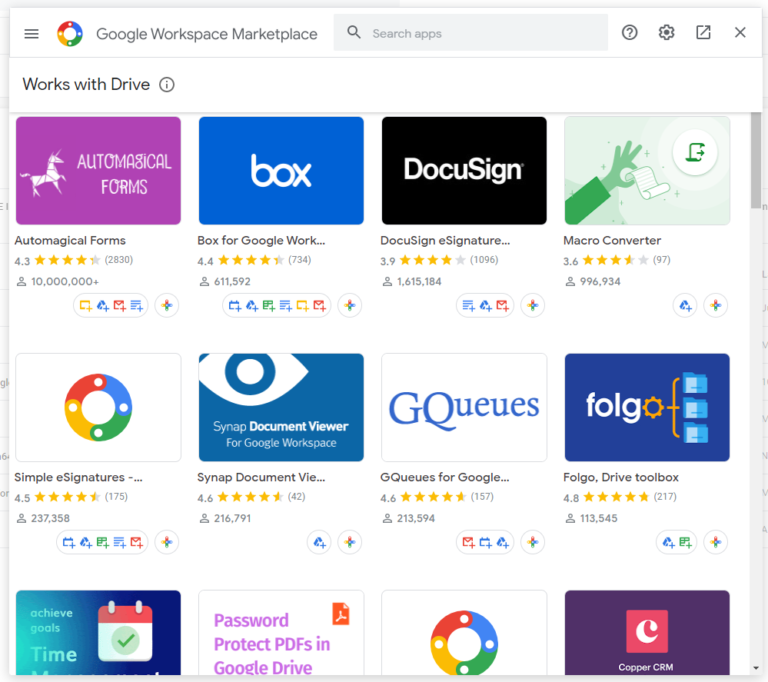

Specifically related to multi-cloud, you need to meet certain functions with different environments and tools of course. The issue of integration is huge for organizations, especially as they are considering the substantial portability and interoperability challenges related to multi-cloud and the internet of things (IoT). However, there are inherent challenges in file-sharing environments related to security and compliance as well. You can certainly increase your security and compliance with cloud tools, and the Health and Human Services Department that oversees healthcare law has specifically noted that cloud solutions of any configuration (public, private, and hybrid) are all acceptable for compliance if a sufficient BAA is in place. At $380 per record, it was greater than 2.5 times the worldwide average for all market sectors. The Ponemon Institute revealed in 2017 that the cost of a healthcare data breach had reached a record level for the seventh year in a row. HIPAA compliance is not a trivial concern. However, when using a third party to file sharing for your healthcare organization, it means that you are placing trust in a business associate to protect highly confidential and sensitive patient data – you need to be able to maintain HIPAA compliance. Two of the prominent file sharing options for general storage are Microsoft OneDrive for Business and Google Drive. It also makes it possible for your personnel to be able to get to their files wherever they are.įor healthcare organizations looking to adopt a file sharing service, the most important consideration is to select a service that prioritizes the security that is necessary to deliver HIPAA compliance.

File sharing is crucial to the ability to leverage the cloud and to safeguard files while controlling and sharing them.


 0 kommentar(er)
0 kommentar(er)
